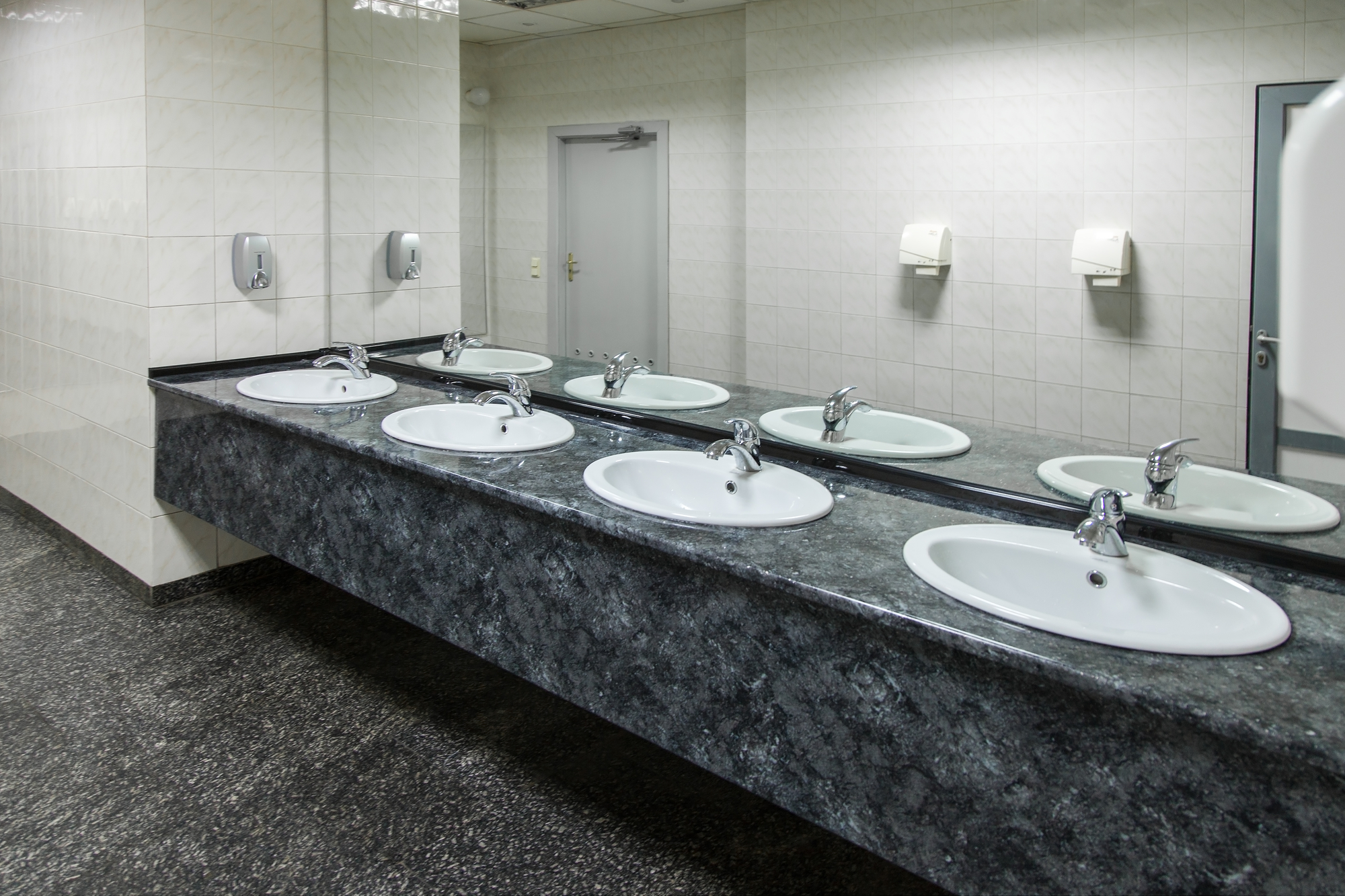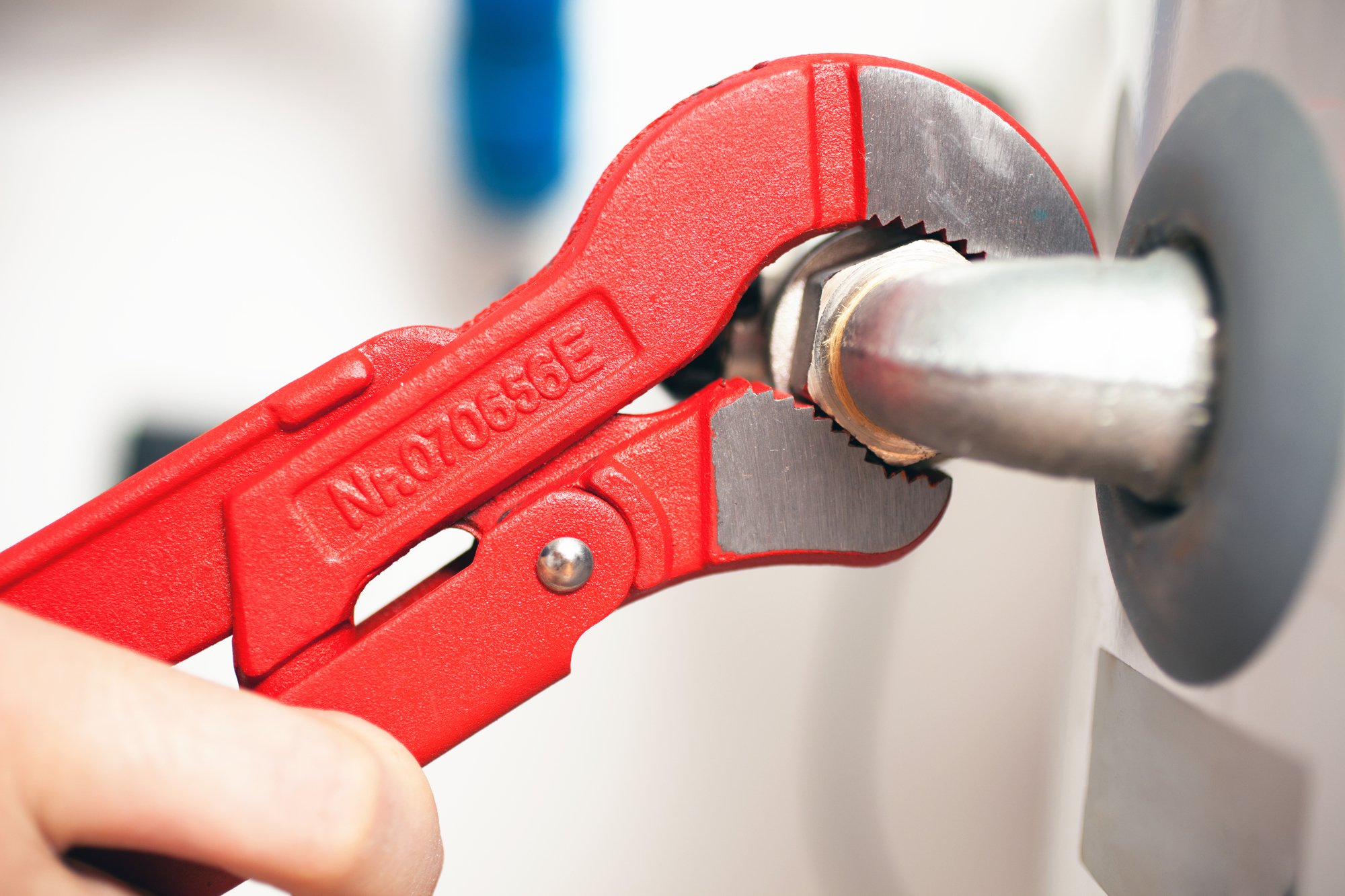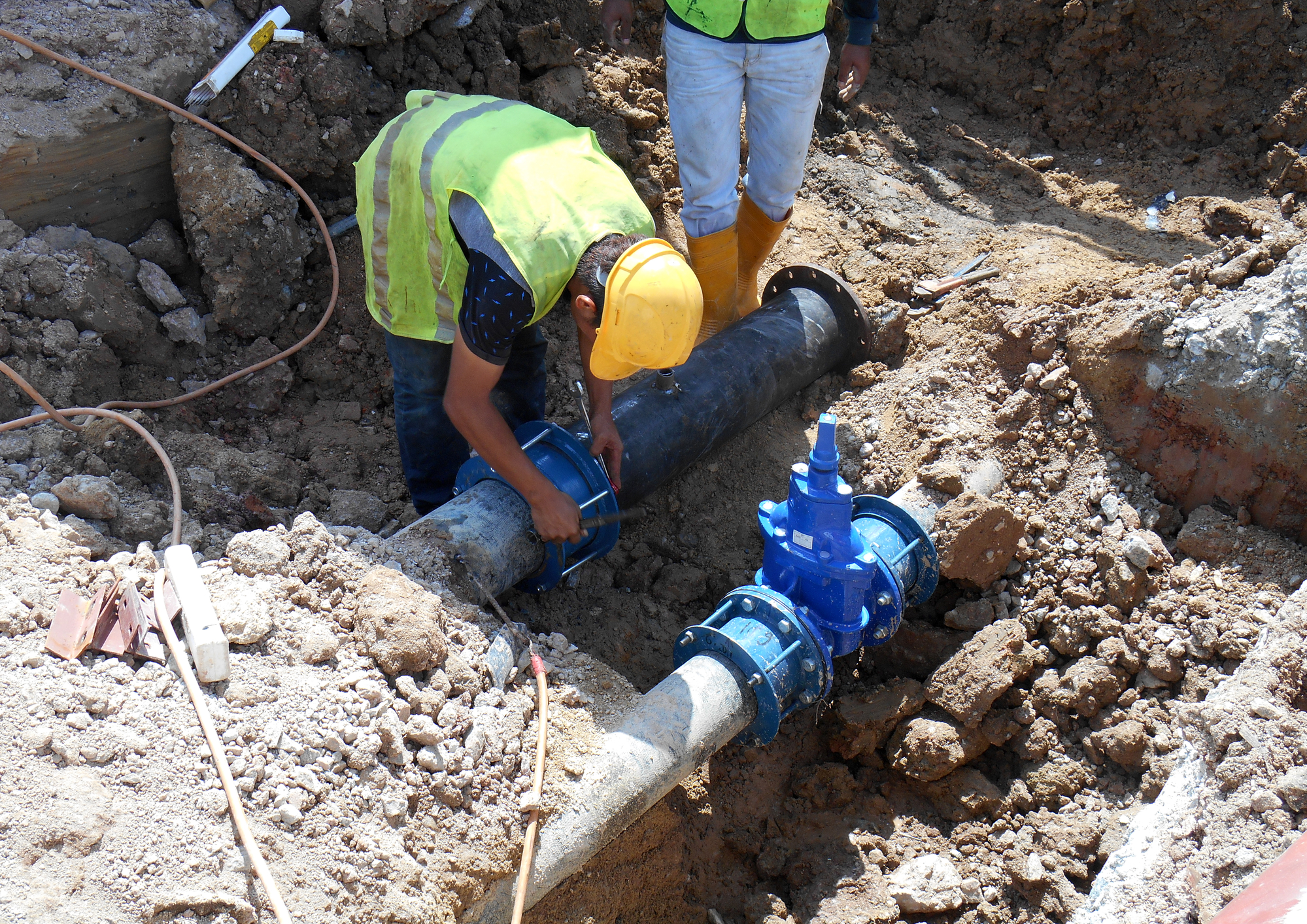Water is a precious resource, and while it may seem like there’s an endless supply, the reality is that our global water resources are finite. Between growing populations and changing weather patterns, there’s an ever-increasing strain on our water systems, which makes conservation more important than ever. One area where water conservation is especially critical is in plumbing systems. In this blog post, we’ll explore the importance of water conservation in plumbing systems and some tips for conserving water in your home or business.
Wasted Water Equals Wasted Money
One of the most important reasons to conserve water in your plumbing system is that wasted water equals wasted money. Every drop of water that flows out of your home or business, whether it’s from a leaky faucet or a running toilet, is water that you’re paying for. By addressing leaks and other issues, you can reduce your water bill significantly.

Plus, conserving water can also help reduce your energy bill. When you use less water, you also use less energy to heat and deliver that water to your home or business. By reducing your water use, you’re not only saving water, but you’re also reducing your carbon footprint.
Water Conservation is Good for the Environment
Water conservation is not only good for your wallet, but it’s also good for the environment. When we waste water, we’re not only wasting a valuable resource, but we’re also putting more strain on our water supply. As our population continues to grow, this becomes an increasingly important issue.
Conserving water helps ensure that our existing water resources last longer and can support more people. Additionally, by using less water, we reduce the amount of energy needed to transport and treat water, which reduces our carbon footprint and helps fight climate change.

Tips for Conserving Water in Your Plumbing System
Now that we understand the importance of water conservation let’s discuss some practical tips for conserving water in your plumbing system.
1. Fix Leaks Promptly
Leaky faucets, toilets, and pipes can waste an incredible amount of water. To conserve water and money, it’s essential to fix leaks as soon as they’re discovered. Keep an eye out for signs of leaks, such as damp spots near pipes or unusually high water bills. If you suspect a leak, don’t wait to call a plumber.
2. Install Low-Flow Fixtures
Low-flow fixtures, such as showerheads, faucets, and toilets, use significantly less water than traditional fixtures while still providing excellent performance. Switching to low-flow fixtures can reduce your water usage by up to 60%, which can result in significant water and energy savings.
3. Use Water-Saving Appliances
Washing machines and dishwashers are two of the biggest water users in most households. If you’re in the market for new appliances, look for models that are Energy Star certified and high-efficiency. These appliances use less water and energy than traditional models, helping you save on both your water and energy bills.
4. Don’t Let the Water Run
Whether you’re brushing your teeth, washing your face, or doing dishes, it’s important to turn off the faucet when you’re not actively using the water. Letting the water run while you’re brushing your teeth can waste as much as two gallons of water per minute.
5. Reuse Water When Possible
Finally, consider ways to reuse water when possible. For example, you can collect and reuse the water that you use to wash vegetables to water your plants. You can also use rain barrels to collect rainwater and use it to water your garden or lawn.
Final Thoughts
Water conservation is essential for the health of our planet and our wallets. Making changes to your plumbing system and water usage habits can help you save water, money, and energy while also reducing your carbon footprint. Don’t wait to start conserving water in your plumbing system. Instead, take action today. For more information or plumbing services, visit our website at aceplumbingrepair.com, or give us a call at (844) 711-1590.






